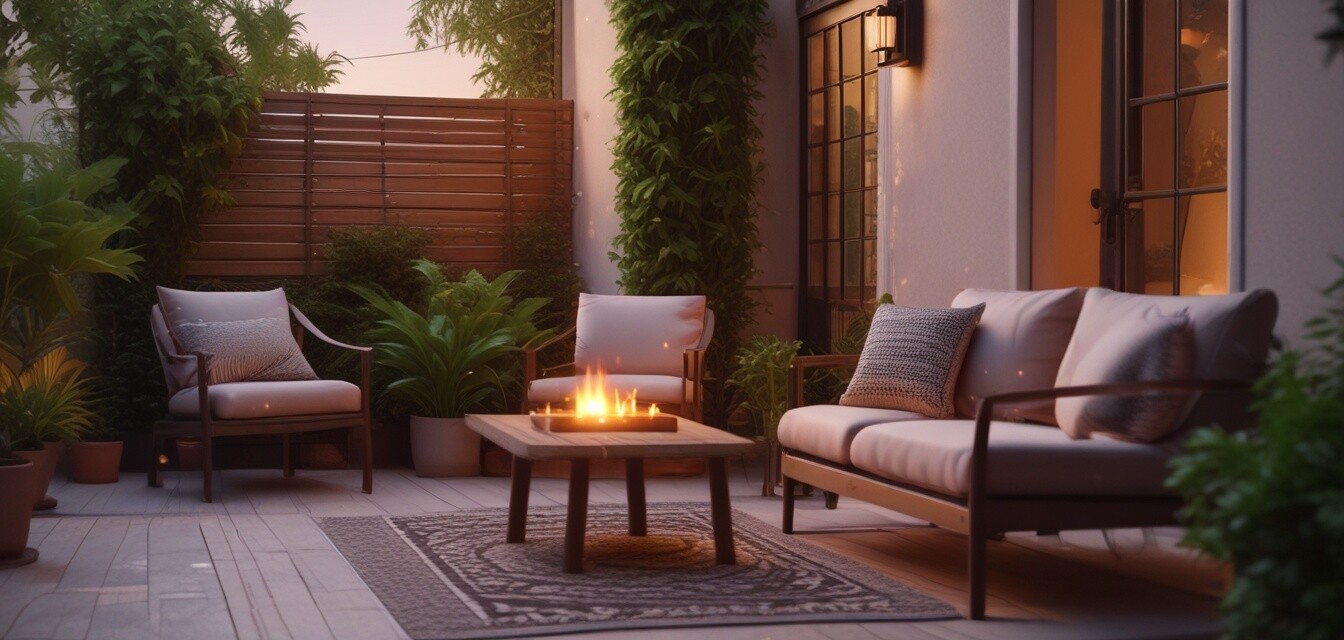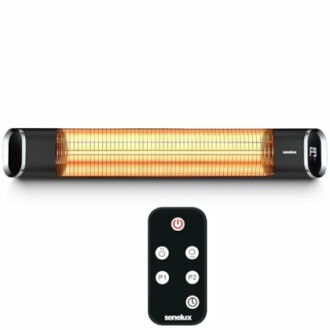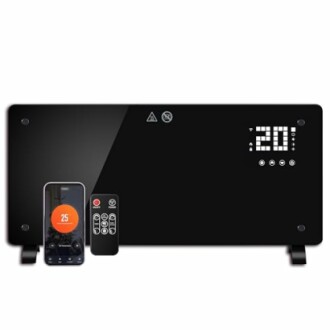
Energy saving techniques for using patio heaters
Key Takeaways
- Proper placement of patio heaters can enhance their efficiency.
- Using timers and remote controls can reduce energy waste.
- Regular maintenance ensures optimal performance and longevity.
- Choosing energy-efficient models can lead to significant energy savings.
- Layering with blankets or outdoor curtains increases warmth retention.
Patio heaters provide the perfect solution for enjoying your outdoor spaces during the cooler months. However, they can consume a lot of energy if not used wisely. In this article, we will explore various energy-saving practices and the proper placement techniques to ensure that you get the most warmth and comfort from your patio heater without breaking the bank.
Understanding your patio heater
Before diving into energy-saving techniques, it's essential to know the types of patio heaters available. The two main types are:
- Infrared Heaters: These heaters use radiant heat to warm objects and people directly. They warm the area quickly and efficiently.
- Convection Heaters: These heaters warm the air around them, which takes longer to heat a space but often provides a more general warmth.
Comparison of patio heater types
| Type | Heating Method | Heat Distribution | Energy Efficiency |
|---|---|---|---|
| Infrared Heaters | Radiant Heat | Instant Heating | High |
| Convection Heaters | Warm Air | Even Heating | Moderate |
Energy-saving techniques for patio heaters
1. Choose the Right Heater
Selecting energy-efficient models can make a significant difference in your energy consumption. For instance, the Senelux Electric Infrared Patio Heater is known for its energy efficiency and quick heating capabilities.
Senelux Electric Infrared Patio Heater
This 2000W heater provides instant heat and is suitable for both indoor and outdoor use.
Learn More2. Optimize Heater Placement
Position your patio heater in a way that maximizes warmth. Here are some tips:
- Place the heater near seating areas to ensure that heat reaches people effectively.
- Avoid placing heaters directly in the wind path, as this will reduce their effectiveness.
- Elevate the heater for even better heat distribution.
3. Use Timers and Remote Controls
Utilizing timers and remote controls allows you to turn off your heater when not needed. Consider models like the DONYER POWER 2500W Convector Heater which features remote control and a timer for maximum convenience.
DONYER POWER 2500W Convector Heater
This sleek heater features a timer, remote control, and Wi-Fi connection for ultimate convenience.
Learn More4. Maintain Your Heater Regularly
Performing regular maintenance ensures that your patio heater operates efficiently:
- Clean the heater's surface and any dust or dirt buildup regularly.
- Check for any gas leaks if you have a gas-powered heater.
- Inspect electrical cords and connections for wear and tear.
5. Layering for Warmth
To improve warmth retention, consider using blankets, outdoor curtains, or even windbreaks. This indirect method reduces the need for high heating levels and saves on your energy bill.
Final Thoughts
By following these energy-saving techniques, you can significantly reduce the power consumption of your patio heaters while ensuring a cozy outdoor experience during colder weather. Proper selection, placement, and maintenance of your heaters are key to achieving the best results.
Tips for Getting the Most Out of Your Patio Heater
- Consider investing in a smart thermostat to better regulate temperatures.
- Host outdoor gatherings at times when temperatures are milder.
- Utilize other heat sources, like fire pits, to complement your heater.

